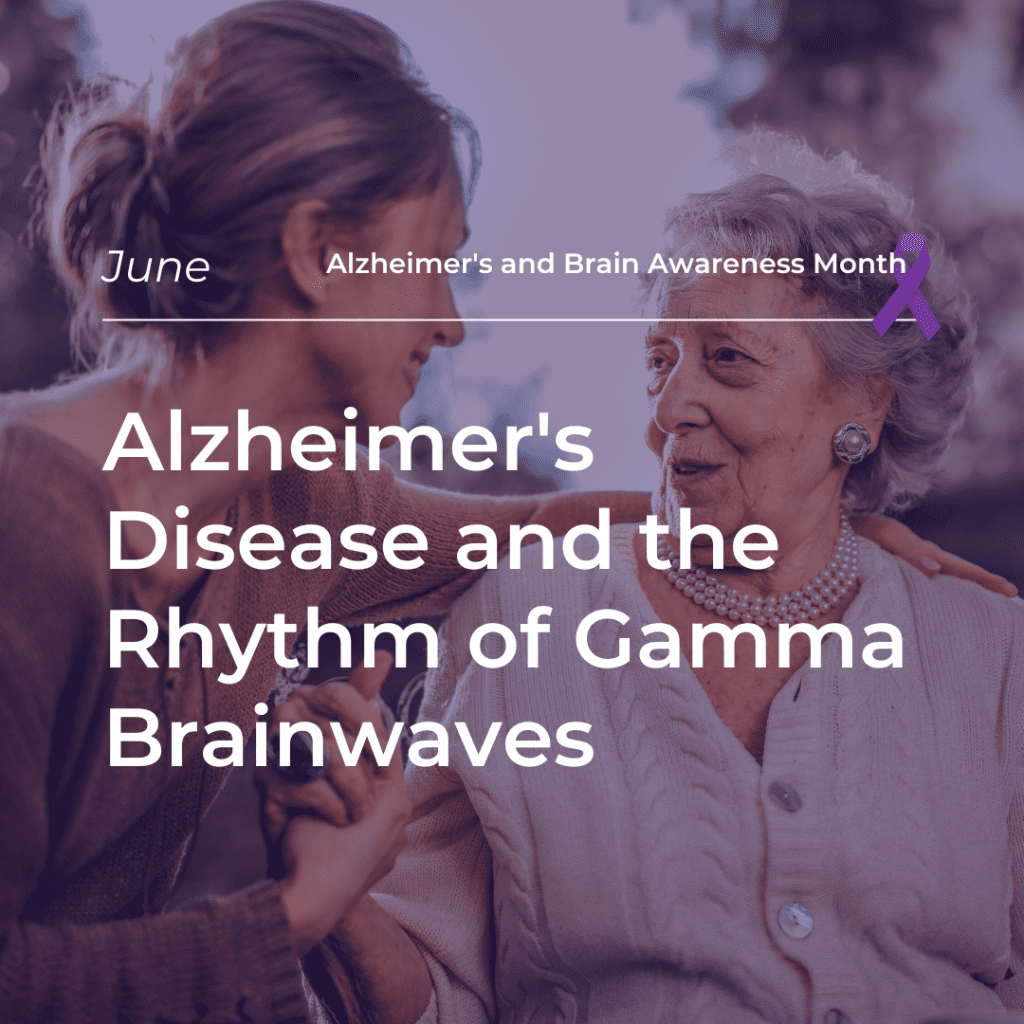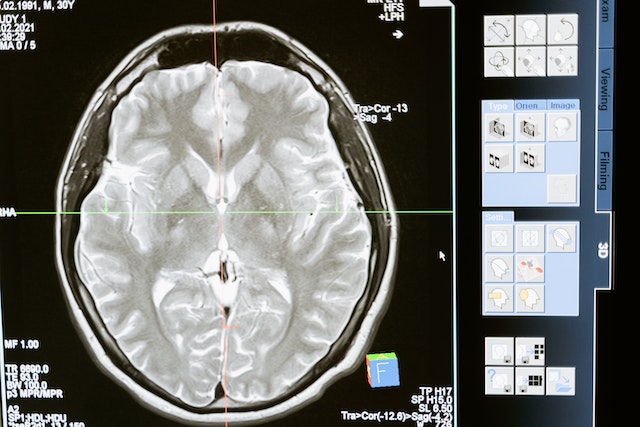In the vast realm of neuroscience, a profound mystery resides—the relationship between Alzheimer’s disease and the rhythmic dance of gamma brainwaves. As researchers delve deeper into the intricacies of the human brain, fascinating discoveries are being made that shed light on this complex connection. In this in-depth report, we explore the latest scientific findings, offering insights into the interplay between gamma waves and Alzheimer’s and the potential implications for understanding and treating this devastating disease.
The Enigma of Alzheimer’s Disease
Alzheimer’s disease, a progressive neurological disorder, robs individuals of their memories, cognition, and identity. Researchers have tirelessly sought to unravel the underlying mechanisms of this condition, which affects millions of people worldwide.
The Rhythm of Gamma Brainwaves
Amidst the symphony of brain activity, gamma brainwaves emerge as a captivating rhythm. These high-frequency electrical oscillations play a crucial role in attention, perception, and memory formation [1].
Disrupted Harmony: Gamma Waves and Alzheimer’s
The delicate balance of gamma oscillations appears to be disrupted in individuals with Alzheimer’s. Neuroimaging studies have uncovered reduced gamma wave activity in the brains of Alzheimer’s patients, suggesting a potential correlation with cognitive decline. This finding has prompted researchers to investigate whether abnormal gamma waves contribute to the disease or are a consequence of it [2].
Unveiling the Mechanisms
Scientists are fervently exploring the underlying mechanisms that connect gamma waves and Alzheimer’s. One prevailing theory is that the accumulation of amyloid-beta plaques, a hallmark of Alzheimer’s, may impair gamma wave synchronization and disrupt neural communication. This disruption could contribute to the cognitive impairments observed in the disease [3].
Potential Therapeutic Avenues
The intriguing connection between gamma waves and Alzheimer’s opens new doors for potential interventions. Researchers are investigating various approaches, including non-invasive brain stimulation techniques and targeted gamma wave modulation, to enhance cognitive function and slow disease progression. While these avenues are still in their infancy, preliminary findings are promising. [4]
The Road Ahead
Understanding the intricate relationship between gamma brainwaves and Alzheimer’s disease is an ongoing journey. Collaborative efforts between scientists, clinicians, and technology developers are vital for unraveling this complex connection. Further research, including longitudinal studies and clinical trials, will be instrumental in determining the potential of gamma wave-based interventions in the prevention and treatment of Alzheimer’s.
Conclusion
The enigmatic relationship between gamma brainwaves and Alzheimer’s disease holds great promise for unraveling the mysteries of this devastating condition. As scientists dive deeper into the realms of neuroscience, they strive to decipher the roles that gamma waves play in cognitive health and disease. Through interdisciplinary collaboration and relentless pursuit of knowledge, we move closer to a future where effective strategies for preventing, diagnosing, and treating Alzheimer’s are within our grasp.

References:














































